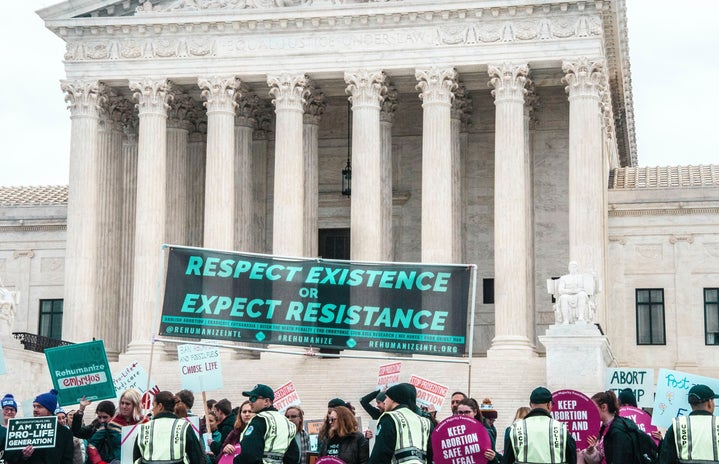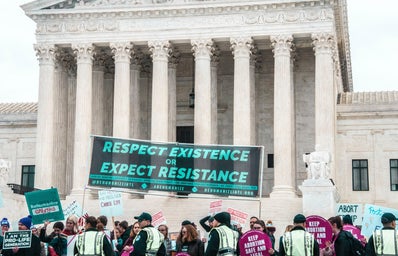This past week, the Senate surprised everyone by unanimously passing a bill to make daylight savings permanent. I really want to emphasize the fact that this bill passed unanimously, meaning that Senators regardless of partisanship voted for this bill, which is a feat that most legislation can’t boast. There were even speeches from different Senators in favor of this bill, highlighting the necessity of it, from Marco Rubio to Patty Murray.
Of course, there are a lot of different opinions and perspectives about abolishing the change in time or even keeping it, but one perspective that I found really interesting was a potential feminist perspective. This isn’t something that is necessarily mainstream feminist. I tried really hard to find any interviews or articles that tied feminism and this bill passage together, but found very little outside of tweets and some random blog posts from years ago.
From what I have read and found, feminists and even business owners tie safety to having more light in the evening. A writer for the Women’s Resource Center sheds a unique light saying “…I list in my head the endless ways to spend this precious extra time in the light! I can take a walk, go to the beach, run, finally work on my photography skills, sit at the park and read my new book, or ride my bike.” Obviously, this excerpt is pretty vague and applies to almost anyone when we think of having an extra hour of daylight but the content in which this was written speaks to safety.
This writer also notes that “In the back of my mind I am always reminding myself that I still have a limit to daylight, so I must pick an activity that allows me to be safely in my car, in a crowded area, or home by the time it gets dark.” I think that this sentence speaks to the heart of how I feel about this issue. I think that no matter how much of a surface level solution this is to women’s safety from street harassment and other things, it is ultimately a surface level solution.
According to StopStreetHarassment.org 45% of women in the US said they do not feel safe walking alone at night while only 27% of men in the US said they do not feel safe walking alone at night. Looking at this difference in perceptions of nighttime walks speaks to this general feeling of unsafety. I mean the gap is not by 10% or less, it’s by 18%. 45% of women in the US is also almost half of all of the women in the US, that is about 143,280,000 by 2014 standards when the data was collected.
There needs to be a cultural change where we don’t feel the need to literally put off sunset to be safe and that men respect women enough to leave us alone no matter where the sun is in the sky. I think that this issue reminds us of how deeply entrenched this problem is and how the solution to it needs to be able to dig it up from the roots to really solve it, which is going to take a lot more than legislation about daylight savings.
Maybe I’m looking at this legislation too seriously. Even though daylight savings being a feminist issue isn’t a predominant part of the conversation, it’s a way to get it started so that we can discuss as a nation the way that women feel threatened and are ultimately unsafe when it gets dark. Maybe it’s up to us to use this daylight savings bill as a springboard to talk about why women are unsafe and how we can change that besides trying to push back sunsets. What do you think?


